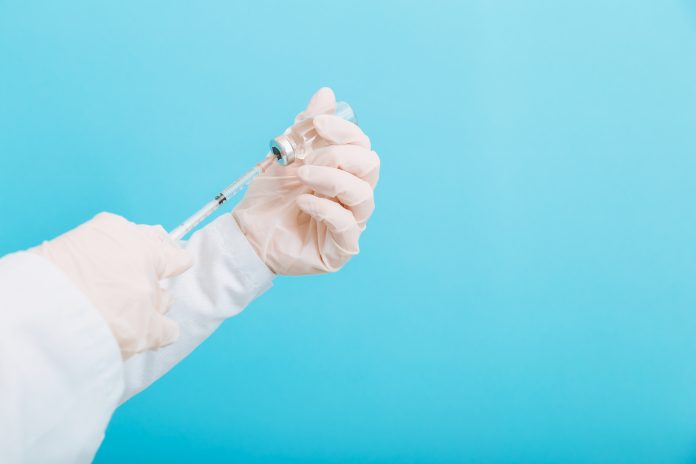Adults over the age of 50 in the UK could get the COVID booster dose in 2021 – the third dose of the vaccine could be given as soon as Autumn
The UK has a total of 15,630,007 million who have now been fully vaccinated. A further 34,667,904 have had their first dose, with hospitalisations and deaths due to the virus down from their winter peaks.
AstraZeneca and Pfizer have given the UK population significant protection against the current form of COVID-19, but what about the future?
Antibodies do not last at their peak strength forever, meaning that some vaccines will require a booster shot, regularly. The CEO of Pfizer explained that he expects COVID boosters to happen six to 12 months after the second dose. In response to this and as part of a delayed vaccine rollout, the European Commission are striking a deal for 1.8 billion doses so they will be ready to administer boosters.
When will UK booster jabs be ready?
In the UK, booster jabs are expected to be ready for over-50s by Autumn, 2021. They are expected to be given to the most vulnerable groups, to protect them against stronger variants of the virus.
Health Secretary Matt Hancock explained that the Booster programme would: “keep us safe and free here while we get this disease under control across the world.”
The problem of mutations and variants
Scientists found that one month after hospitalisation for COVID, antibodies naturally begin to decline. The decline of antibodies not created by the virus is less transparently understood, but the level of protection will decline.
Currently, the Indian “double mutation” is devastating the country, while the Brazilian and South African mutations continue to decrease the efficiencies of COVID vaccines in clinical trials.
The UK mutation, B117, originated in Kent. It is known to be atleast 45% more infectious than the original form of the virus, but not more deadly. This mutation was partially blamed for the winter wave of deaths in the UK, which saw increased hospitalisations and infection rates. It is extremely common for viruses to mutate multiple times, but the real issue is if vaccines can keep up – especially with mutations that are left relatively untreated for long periods of time.
The fight to allow poorer countries to produce the COVID vaccine themselves continues, as the intellectual property law still forbids some countries from creating their own antidote – due to the potential impact on profit margins.











